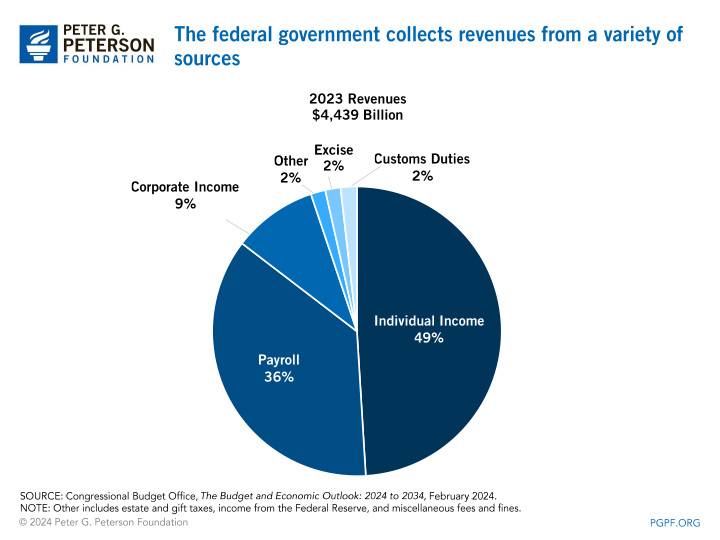Income tax serves as a fundamental component of national financial ecosystems, playing a crucial role in shaping the fiscal landscape of countries worldwide. As governments grapple with the challenges of funding public services, infrastructure, and social programs, income tax emerges as a steady and reliable source of revenue. This article delves into the significance of income tax in national budgets, examining its role in financial planning and the delicate balance it requires in budget allocation.
Income Tax: A Pillar of National Financial Planning
Income tax is often regarded as the cornerstone of national financial planning. It provides governments with a predictable and substantial source of revenue, enabling them to plan long-term investments and allocate resources effectively. Unlike other forms of taxation, such as sales or property taxes, income tax is progressive, meaning that it adjusts based on an individual’s ability to pay. This progressive nature helps to address income inequality and ensures that wealthier individuals contribute a fairer share to the funding of public goods and services.
The predictability of income tax revenue allows governments to create more accurate and reliable budgets. With consistent income streams, policymakers can plan for future expenditures, from healthcare and education to infrastructure and defense. This stability is essential for maintaining public trust and ensuring that the government can meet its obligations without resorting to excessive borrowing or austerity measures. Moreover, income tax revenue can act as a buffer during economic downturns, providing a steady influx of funds when other revenue sources may falter.
In addition to its financial stability, income tax plays a crucial role in economic policy. By adjusting tax rates and brackets, governments can influence economic behavior, incentivize investment, and promote social welfare. For instance, tax breaks for low-income earners can stimulate consumer spending, while higher rates for the wealthy can generate funds for public investments. This flexibility makes income tax a powerful tool for governments to address economic challenges and achieve policy goals.
Balancing Act: Income Tax and National Budget Allocation
Allocating income tax revenue within a national budget involves a complex balancing act. Governments must carefully consider how to distribute funds across various sectors to maximize public benefit while ensuring fiscal responsibility. This often involves prioritizing essential services such as healthcare, education, and social security, which are critical for societal well-being and economic stability. At the same time, investments in infrastructure, technology, and defense are necessary for long-term national development and security.
One of the main challenges in budget allocation is addressing competing demands from different interest groups and sectors. For instance, increasing funding for education may require cuts in other areas, such as defense or infrastructure. Policymakers must navigate these trade-offs, often under the scrutiny of the public and media, to ensure that the allocation of resources reflects national priorities and values. This requires a transparent and accountable budgeting process, where income tax revenue is used efficiently and effectively to meet the needs of the population.
Moreover, income tax allocation must be adaptable to changing economic conditions and societal needs. During times of economic growth, governments may have the flexibility to invest in ambitious projects and expand social programs. Conversely, during recessions or economic crises, they may need to reallocate funds to support unemployment benefits, healthcare, and other critical services. This dynamic approach ensures that income tax revenue is used to address both immediate needs and long-term goals, fostering economic resilience and social stability.
Income tax is undeniably a vital element in national budgets, underpinning financial planning and enabling governments to allocate resources strategically. Its role extends beyond mere revenue generation, influencing economic policy and addressing social equity. However, the allocation of income tax revenue requires careful consideration and adaptability to balance competing demands and respond to changing economic conditions. As nations continue to navigate fiscal challenges, the effective management of income tax revenue will remain essential for promoting sustainable growth and societal well-being.
